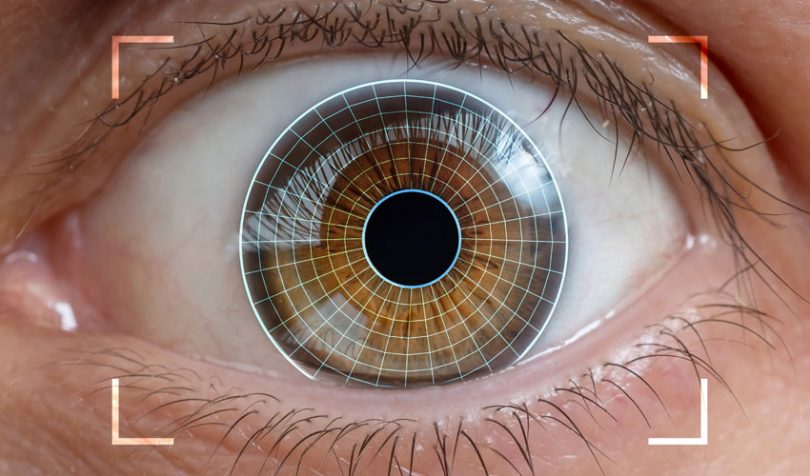Today Evernym, the self-sovereign identity company, announced it’s working with the Red Cross and four other NGOs on its “ID for Good Initiative”. Self-sovereign identities enable individuals to both own and control their identity, and in the case of Evernym, no personal information is stored on the blockchain. Evernym donated the original source-code for the Sovrin Network to the non-profit Sovrin Foundation.
Many millions of vulnerable people receive aid from the Red Cross every year, mostly in food and essential household items. But the charity also provided cash to 1.27 million people in 2017, hence the importance of identity.
“The humanitarian community exists in a bubble, so access to an existing community of experts and new technologies to help us better serve communities in crisis is an amazing opportunity,” said Nathan Cooper, Senior Adviser at Red Cross.
“We hit the realization that we can no longer do this with a spreadsheet and beneficiary ID cards. We need something more sustainable, something people can establish, create, hold, and access their identities. It brings dignity, choice and economic stimulus to the local markets where humanitarian aid is needed,” said Caroline Holt, head of global cash distribution, Red Cross.
Evernym is providing free access to its technology Accelerator which usually costs $50,000 a year. The program provides technology, tools, education and support for building digital identity solutions. In addition to the Red Cross, the other NGO recipients are DECODE, iRespond, Rohingya Project and Tykn.
“Our ID for Good Initiative gives NGOs that are on the frontlines of some of the world’s most pressing demands for digital identity an opportunity to participate in a technological revolution at no cost,” said Timothy Ruff, CEO of Evernym.
iRespond is also working with the ID2020 Alliance which targets the 1.1 billion people who lack a recognized identity, sometimes because they’re refugees. Last year iRespond unveiled a blockchain-based iris recognition service to help identify refugees at an International Rescue Committee camp in Thailand.







